Chess in all its broadness, is a game that unites people from the ends of the earth. People find solace in the checkered squares of the royalty game.
Despite the significant level of honour attached to chess, several elements threaten to plague its honour.
In this article, we take a good look at these threatening elements.
1. Cheating
This heinous act that harms the beautiful game of chess can happen both online and offline. Awareness about them ought to bring about more ways to combat them.
Ways of cheating in chess include:
a. Sandbagging
This is an act where an online chess player deliberately reduces his rating to swindle unsuspecting opponents.
That’s because the human mind tends to relax when faced with no threat. This mentality also applies to chess.
When an opponent has a rating that is significantly higher than their opponent’s, they tend to be more relaxed and confident to grab the win.
This mentality is explored by sandbaggers who disguise as comparatively weaker players to upset their opponents. The wolf-in-sheep’s clothing tactics have plagued the online chess world, and the only known means of curbing this act is punishment for offenders through bans.
b. Piece Displacement
Some of us with more playing experience might have noticed this trick over the board.
Those that are yet to notice it should pay more attention to it when playing OTB in a non-professional setting, especially in fast time controls.
Some chess players cheat by displacing certain pieces from their original square to another square that favours them.
People go as far as cunningly removing pieces from the board, or adding them to the board.
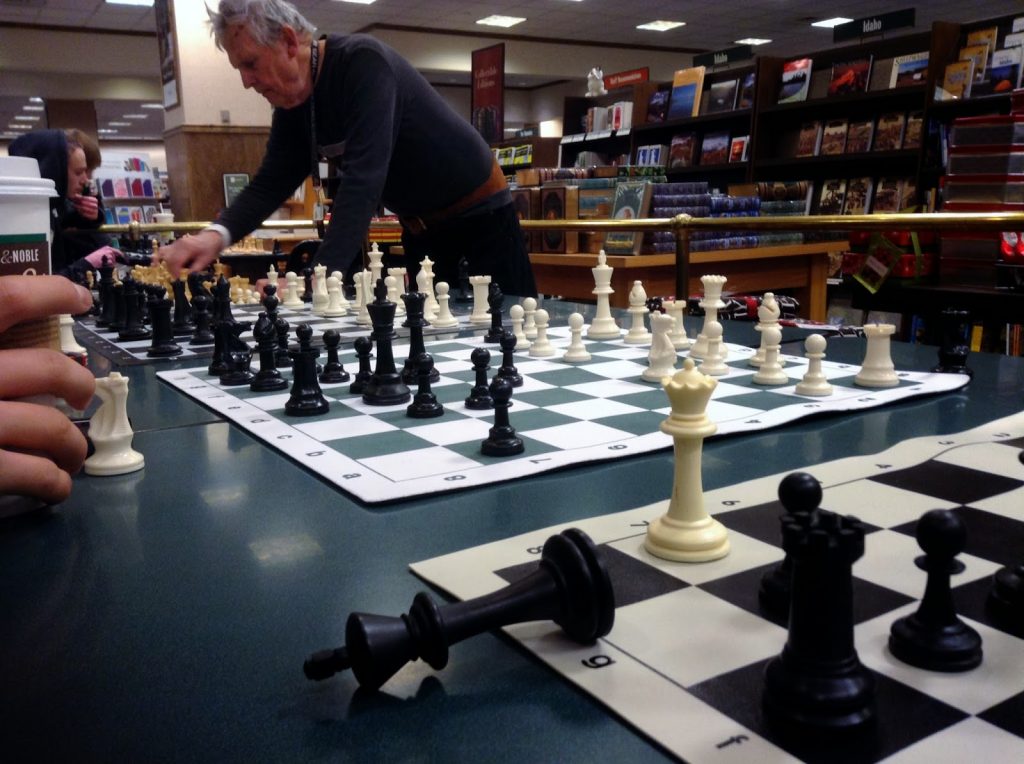
One way to curb this menace is to record one’s games, play in a standard setting often, and play speed chess less often, especially sudden death time controls.
C. Engine Usage
On May 11, 1997, the advent of the chess computer age came into the limelight. A chess engine called Deep Blue defeated the sitting World Champion, Garry Kasparov. This landmark event ushered the world of chess into a new era—one with its merits and demerits.
Some players cheat with these chess engines, especially in online chess. They have the engine show them brilliant moves in certain positions that are crucial to winning the game.
This form of cheating is not restricted to the online domain alone as there have been cases of chess engine usage in offline tournaments as in the case of GM Igors Rausis in 2019.

Chess players that competitively make use of engines to play should be banned. This act would discourage players from this form and other forms of cheating.
2. Corruption
Corruption has been a plague in society since the dawn of time. Through the following ways, we look at how corruption dips its proboscis in chess’ essence:
a. Funds Embezzlement
Funds for chess tournaments can be raised through sponsorships from various chess-loving organizations.
However, many organizers of chess tournaments do not make judicious use of these funds. The prize structure of the tournaments tend to be poor, and the tournament setting poorly organized with materials of low convenience.
Most of the allocation of the funds go into the cost of organizing the tournament which is a clear show of corruption.

In other cases, some chess federations embezzle funds meant to sponsor promising players to tournaments where their experience would soar.
This dark side brings down the growth of the game and must be tackled with severe scrutiny.
b. Manipulation or Match Fixing
The act of manipulating the results of a tournament is no newcomer to the world of chess. This act berates all that chess stands for. The battles that take place on the sacred chess boards become meaningless.
Players that spend time studying the game and steadily improving might lose faith due to this act of corruption. In truth, match fixing is a difficult act to subdue—probably the most difficult in chess.
Many top chess tournaments have received allegations of match fixing, and there’s only little investigation can do to prove otherwise.
Similarly, the youngest Grandmaster in history, Ahbimanyu Mishra of the United States, who recently gulped the record held by Sergey Karjakin for 19 years, was involved in match fixing allegations as published by New York Times on an article also about The Dark Side Of Chess.
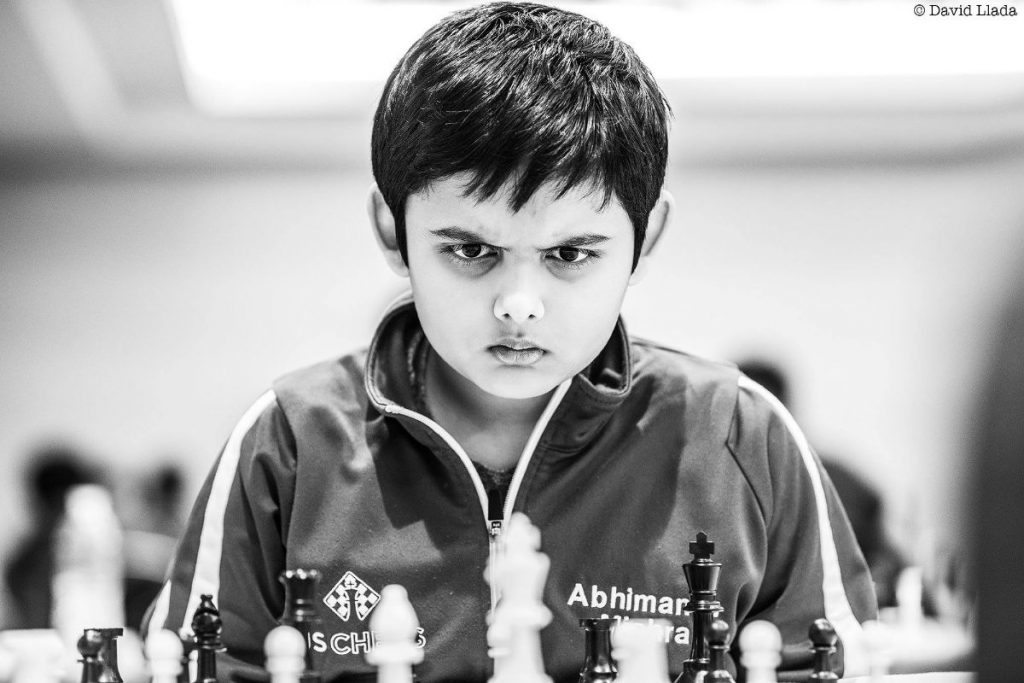
c. Controversial President
The reputation of leadership in chess plunged after the levels of controversy surrounding former FIDE president, Kirsan Ilyumzhinov.
Amongst his many controversies, the most prominent one is his blacklist from the U.S due to assistance and affiliation with the Syrian government.
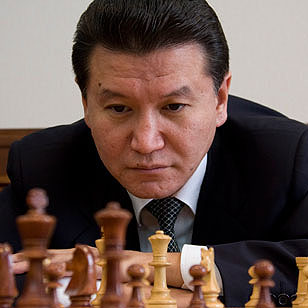
Furthermore, he once claimed that chess is a game invented by aliens and that he was also an alien. Just weird.
3. Addiction
“I’ll just play one game real quick, and I’ll move on with what I have to do for today”, says chess players who spend hours playing chess when they have other important tasks to attend to.
Chess is dynamic. This is one reason why many compare it to life itself. Its fascinating complexity makes curious minds fond of it.
Being a good chess player means being able to balance the aspects of one’s life. A major, and sometimes, overlooked dark side in chess is players’ tendency to get addicted to the game. The negative effects of addiction to chess are stated as follows;
a. Truancy to School or Work
One’s affinity for chess could sometimes prove costly as a player could sacrifice activities in school or work for chess. Their interest would almost totally shift from their academics or work to chess, and this most times create negative effects.
As a student, academics retain their relevance in society. As a worker, money is needed to live comfortably in society. The ability to create a balance between chess and school or work is what makes up a solid chess player.

Many great chess players in history found a balance between chess and their professional careers.
Emanuel Lasker was a great mathematician, friends with Albert Einstein. Mikhail Botvinnik was a successful electrical engineer and computer scientist. He not only balanced his careers and chess, but he also merged them! He was a pioneer of the computerization of chess.
b. Social Awkwardness
The age of computers might have brought about substantial growth of chess, but it also has a dark side. Playing chess has never been easier, and this fact stirs conflict when chess players neglect their friends and family.
Because of chess tournaments, some players might pass on major family gatherings and important friendly outings.
Improving as a chess player involves taking time to relax and engage in other physical activities. The former World Champion, Magnus Carlsen exercises his mind and body by playing football from time to time.
It’s practically impossible for anything to be 100% devoid of impurity. However, there are a lot of actions to be taken to increase the purity level significantly. Although it will be extremely difficult and would take quite some time.
Every chess player must not just steer clear of activities that harm the game of chess but also play their parts in the purification and exorcism of the dark side of chess.





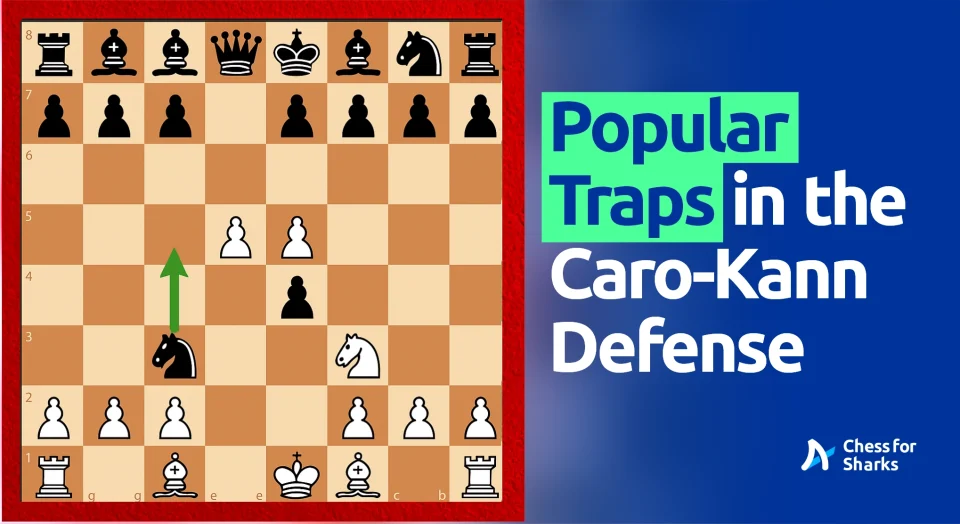
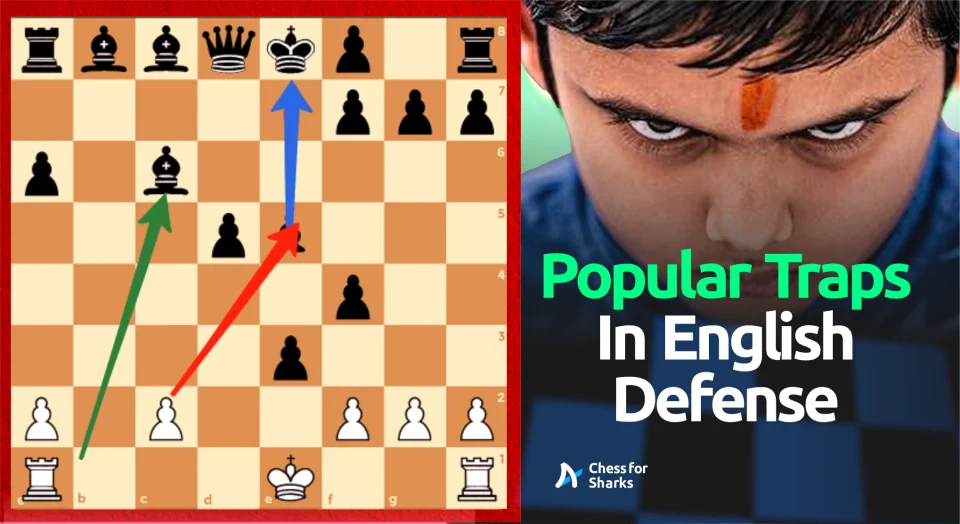
1 comment
john wright
Two problems not addressed:
1. Players aborting when they draw black against white.
2. Players aborting when their proposed opponent is perceived to have too high a rating.
Both of these are difficult to combat, and constitute grade manipulation.